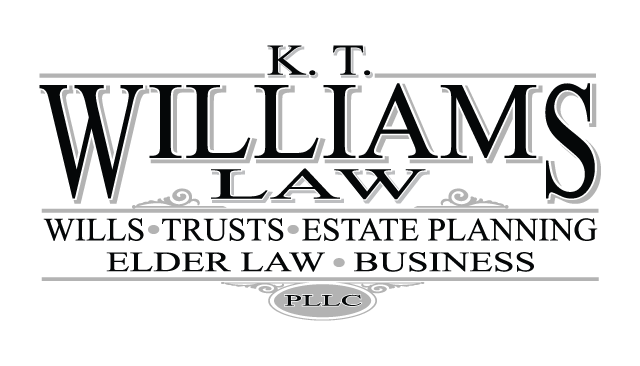POD Accounts: Are You Using Them Correctly?
Should You Use POD or TOD Beneficiary Designations?
Many of your accounts, such as life insurance and retirement accounts, automatically include beneficiary designations that you complete. On the beneficiary designation, you identify who will receive the retirement account or life insurance proceeds after your death. Perhaps, you name certain people as your designated beneficiaries. But you can also name a Trust as the designated beneficiary, and in some instances, naming a Trust makes the most sense.
Naming beneficiaries for certain accounts is common. For other accounts, it’s not common, but an available alternative if you know to ask for it. I want you to know your options and how to use them.
What Is a POD or TOD Account?
While retirement accounts and life insurance policies automatically include the option for you to name beneficiaries, other accounts do not. Your traditional checking and savings accounts and your investment and brokerage accounts rarely include beneficiary designation options unless you request it. When you request it, the designation will be called a POD (Pay On Death) or TOD (Transfer On Death) designation.
The terms POD and TOD can be used interchangeably. Through a POD or TOD designation, you name beneficiaries to the account. And each designated beneficiary automatically receives their share of the account at your death.
This means the designated beneficiary isn’t required to open an estate, have an executor appointed, or go through the probate process to get their share of the account. As you can see, using a POD or TOD designation can be a convenient way to make sure your accounts pass to the recipients you want to receive them. But care should be taken when using POD or TOD designations.
Should Your POD or TOD Designations Match Your Other Estate Planning?
Your beneficiary designations are part of your estate planning. The designation works to get the asset or account to the beneficiary you want. So in that respect, the designation is similar to instructions that you might include in your Last Will and Testament or your Trust.
But it’s important to remember that your Will or Trust doesn’t control who receives an account if the account contains a beneficiary designation. As you might imagine, trouble for your beneficiaries and family lurks around the corner if your Will or Trust doesn’t share the same beneficiaries as your POD or TOD designations.
Your POD or TOD designations should name the same beneficiaries you name in your Will or Trust. If they don’t match, you should clearly explain the difference in your Will or Trust. If there isn’t an explanation, you leave room for speculation about why there is a difference. Was the POD or TOD designation a mistake? Did the deceased understand their Will or Trust wouldn’t control the account? Did the beneficiary influence the deceased to make the POD or TOD beneficiary different than in the Will or Trust?
What Should You Do If You Use POD or TOD Designations?
If you use POD or TOD designations for any of your traditional banking or brokerage accounts, consider if the beneficiaries on those accounts are different than you show in your Will or Trust. You don’t need to do anything special in your Will or Trust if the beneficiaries are the same. But if they are different, you can save the beneficiaries in your Will or Trust and the beneficiaries on the POD or TOD designation from quite a bit of trouble and stress by including a short explanation in your Will or Trust. Your beneficiaries will then understand that you purposefully selected the beneficiaries for a reason.
You don’t want to leave room for anyone to think you didn’t mean to do what you did. One simple way to be confident that your Will or Trust and your beneficiary designations are properly expressed in your estate planning is for your estate planning (elder law) attorney and your financial representative to work together with you on your estate planning. I’ve consistently seen that when we work together, the old saying, “an ounce of prevention is worth a pound of cure,” holds true.
We’re ready and happy to work with you and your financial representative on your estate planning and elder law needs. Contact us to get started.



